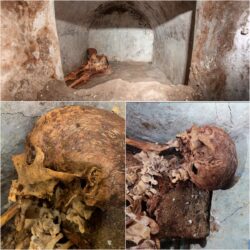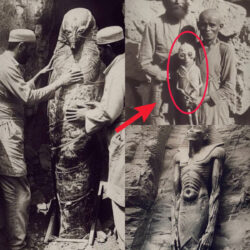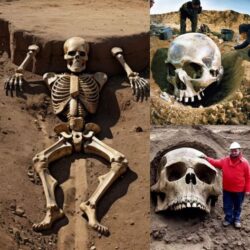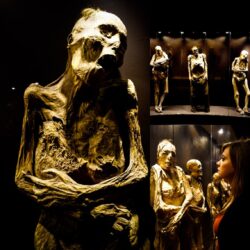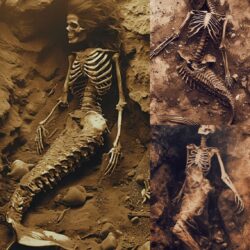It appears as though you’re sharing some charming data about different archeological revelations. While I can give a few general remarks on each point you referenced, if it’s not too much trouble, note that I might not have the most exceptional data on unambiguous disclosures made after my insight cutoff in September 2021.

1. The presence of a Norse coin in Maine recommends a likely association between Norse investigations and early contact with North America.
Viking Coins and Trade – Vikings of Middle England Blog
Norse travelers, especially during the Viking Age, are known to have arrived at parts of North America, remembering Newfoundland for Canada. The specific conditions of how the coin went to Maine would require further examination and investigation of verifiable records and archeological setting.
Viking coinage – Wikipedia

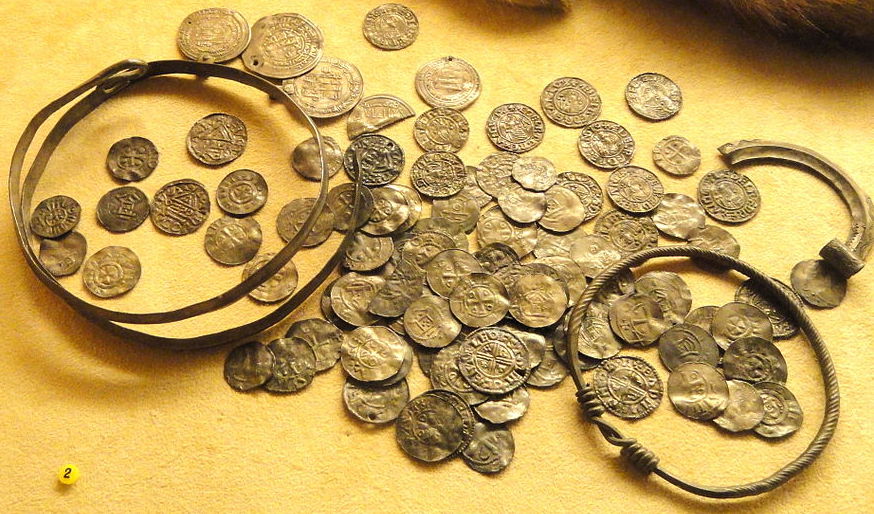
2. The understanding of gold twistings as a component of a minister lord’s ensemble or headwear is a conceivable speculation.

Representative and formal antiquities frequently give significant bits of knowledge into antiquated strict and social practices. Further assessment and logical investigation would be important to help this speculation and gain a more profound comprehension of the particular culture and ceremonies related with the twistings.

3. The clasp like item with the cowhide ring, assessed to be 1,500 years of age in light of radiocarbon examination, gives important data about craftsmanship and material use during that time span.
Such little curios can offer experiences into day to day existence, style, and innovative capacities of old social orders. Further investigations on the item’s plan, producing strategies, and social setting would upgrade how we might interpret its importance.
4. Rujim el-Hiri, a massive construction in the Golan Levels, is without a doubt a noteworthy remainder from the Bronze Age.
Rujm el Hiri – Prehistoric ”Stonehenge” monument in Golan Heights fuels mystery Reuters – YouTube
Its development and sheer size show the huge exertion and assets contributed by the antiquated local area that assembled it. The reason and capability of the design, as well as the cultural and strict importance it held, would require further examination and archeological investigation.
 5. Mohenjo-Daro, an old city in the Indus Valley Progress, is known for its exceptional metropolitan preparation and high level framework.
5. Mohenjo-Daro, an old city in the Indus Valley Progress, is known for its exceptional metropolitan preparation and high level framework.
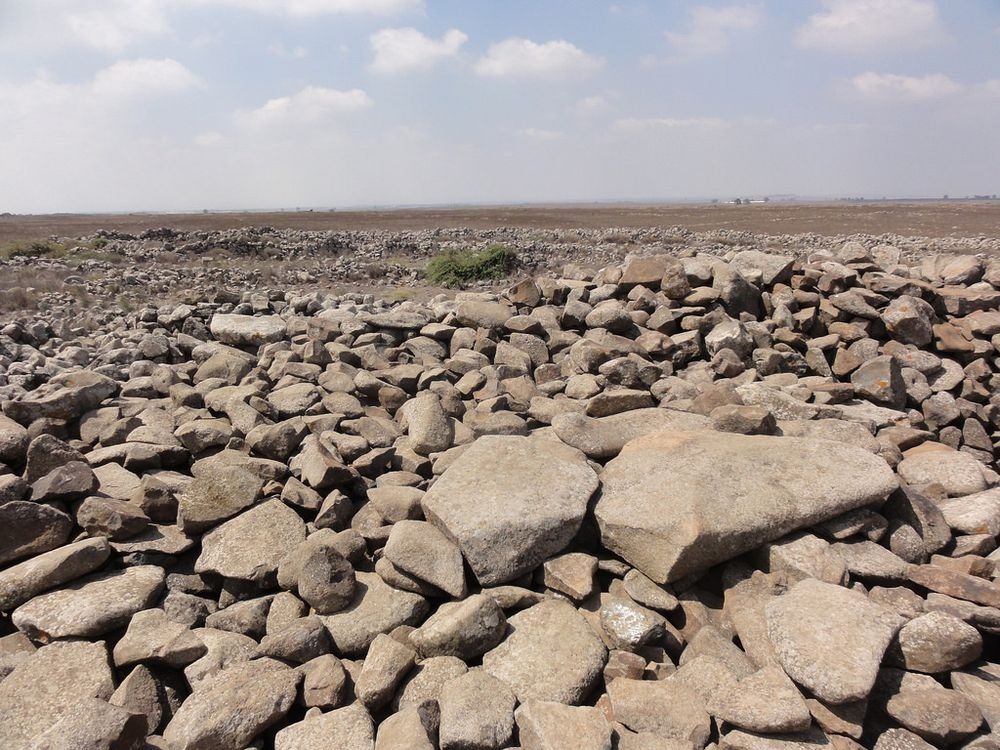
11 Ancient Mysteries Researchers Still Can’t Explain – WorldAtlas
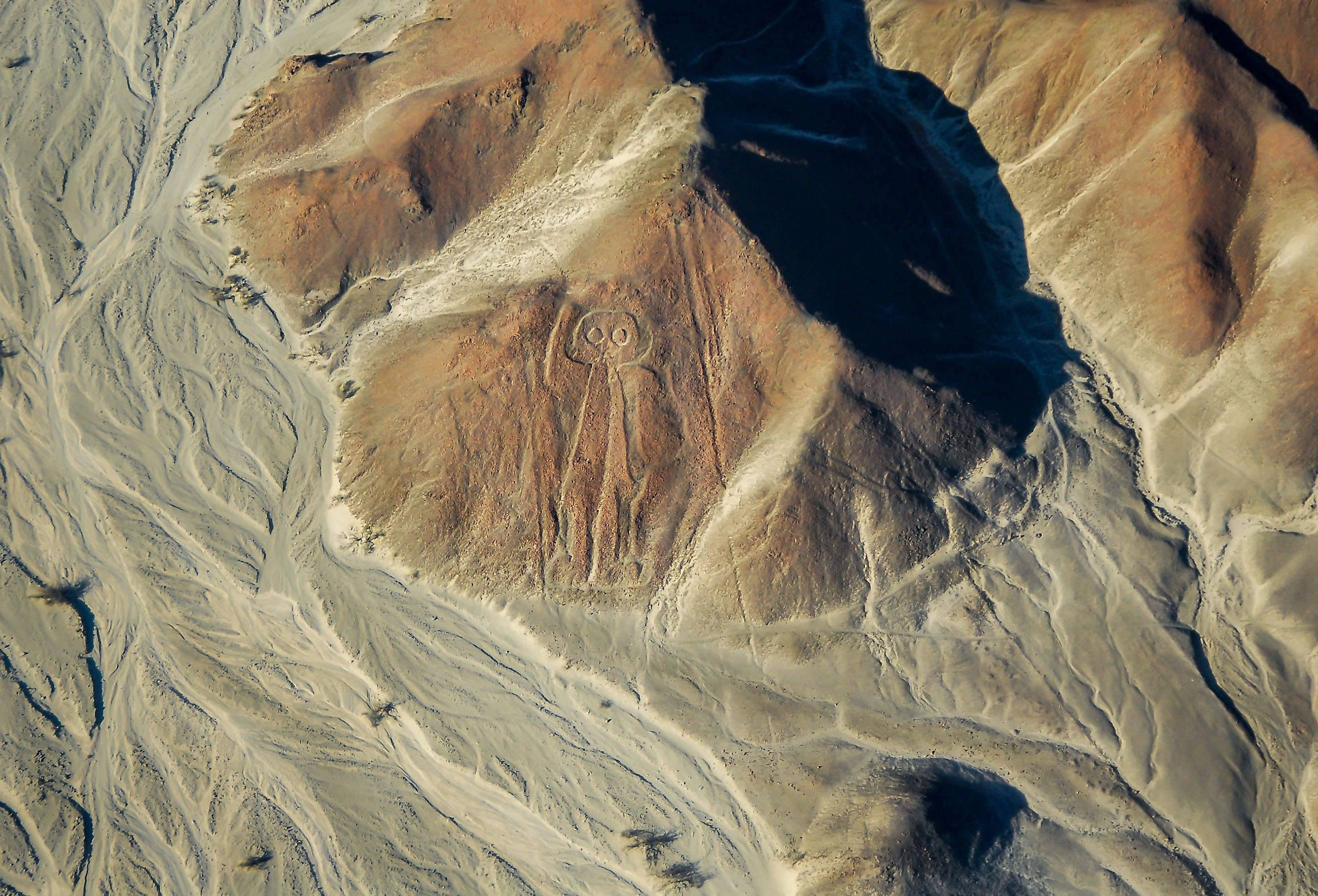

While the shortfall of a focal seat of government or proof of government is outstanding, the city’s many-sided format, modern waste framework, and efficient residences give bits of knowledge into the social, financial, and social parts of this old human progress.
6. The Longyou Caverns in Zhejiang region, China, are for sure uncommon man-made caves going back roughly 2,000 years.
The exact reason and strategies for their development stay a secret, as no verifiable records have been found to make sense of their starting point. The scale and intricacy of the caverns bring up fascinating issues about the mechanical capacities and inspirations of the old individuals who constructed them.
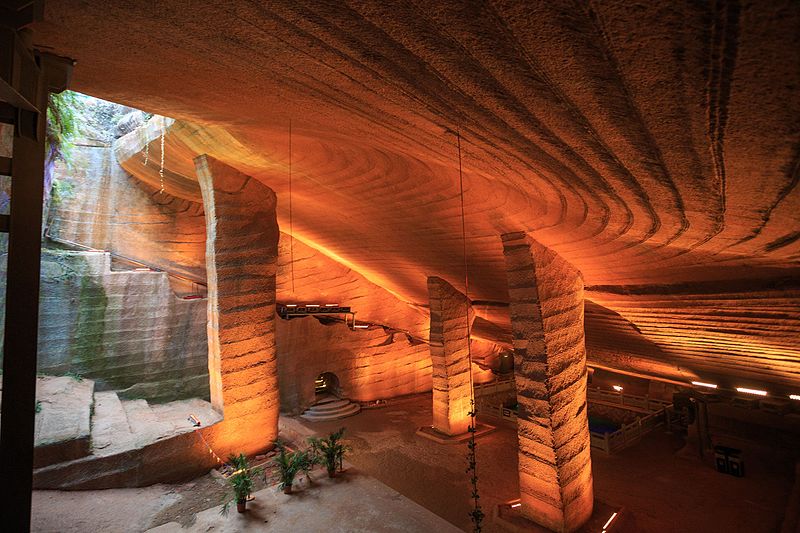
7. The Swimming Reindeer mold, made from a mammoth tusk with stone devices, grandstands the imaginative abilities and innovativeness of ancient people.
 Such curios give important looks into the social and emblematic articulations of early social orders. The figure’s craftsmanship and scrupulousness exhibit the dominance and ability of the stone carver.
Such curios give important looks into the social and emblematic articulations of early social orders. The figure’s craftsmanship and scrupulousness exhibit the dominance and ability of the stone carver.

Every one of these revelations adds to how we might interpret old human advancements and offers interesting experiences into their societies, convictions, and mechanical accomplishments. Continuous exploration and archeological examinations will probably keep on revealing insight into these astounding archeological finds, extending our insight into the past.

